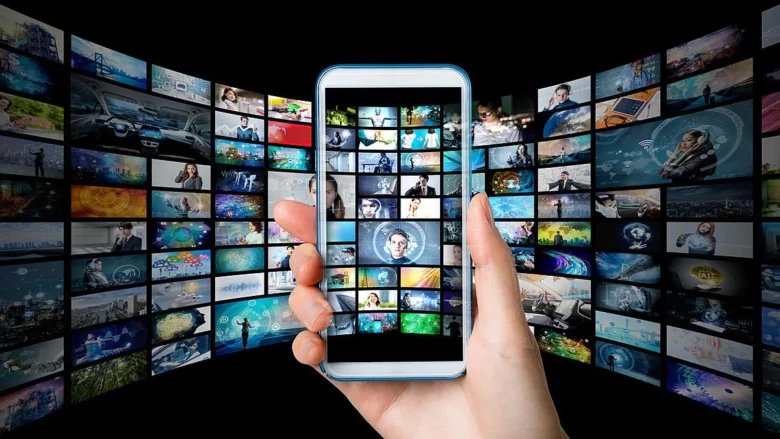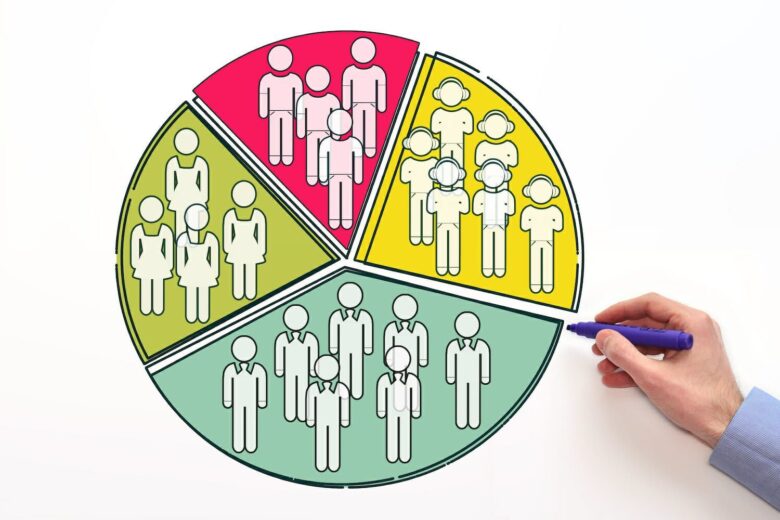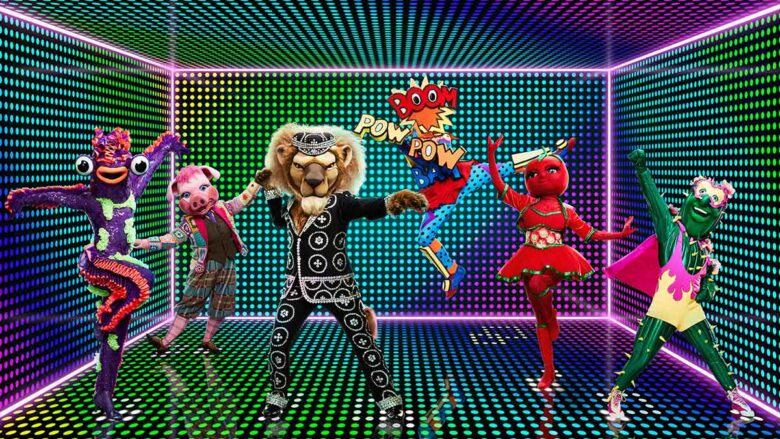For all their longevity, game shows have struggled with their respective images over the past few decades. Granted, the idea of sitting down to watch a complete stranger win prizes can bring some vicarious joy but game shows still have an association with an older audience – and a rather tame mid-afternoon offering. Of course, there’s nothing really wrong with that but an ageing viewer base can soon spell disaster.
Online Entertainment

Source: root-nation.com
So, gameshow demographics are changing, something we’ll come to shortly, but an ‘alternative’ format is providing some assistance to would-be Bamber Gascoignes.
Made by developers like Evolution, these modern game shows work just like The Chase or Catchphrase but players can actually get involved in the proceedings. The Paddy Power online casino has a few of these experiences within its ‘live’ section, including Crazy Time, The Money Drop Live, and Spin A Win. They all have the game show’s most identifying characteristic too, namely, a charismatic host.
This fresh twist on the game show often takes its cues from existing properties, perhaps to emulate their success, perhaps just because most people are familiar with classic British and American TV. For instance, all three of the above game shows use a giant wheel similar to the one used in Wheel of Fortune. This isn’t unusual. The Big Six Wheel has been a staple of physical casinos for a long time.
Demographics

Source: corporatefinanceinstitute.com
What’s changing about the audience for game shows? US data firm Nielsen claims that the kind of people that are tuning in to game and quiz shows are being pushed by a whole new set of influences. Oddly enough, they aren’t actually switching on the TV at all. As technologies like streaming, webcams, and mobile phones begin to interact more frequently with each other, people are going online to play games.
Developers of game shows for casinos – again, like Evolution – stream footage directly from their own studios to players’ computers and phones. This means that people can interact with their host in real-time, something that isn’t possible with a pre-recorded game show on TV – or even a live one, barring the occasional call-in opportunity. Getting to compete in person on a game show can be a bit of a pipedream for non-celebrities too.
A perhaps unexpected trait of this audience is that the hallowed position of the host doesn’t matter quite so much. Granted, a magnetic presenter is still something that people value but the game show has become much more of a ‘pop-up’ activity, where spontaneity rules the evening’s play. Think about how board games are played at house parties or how distant friends might combine to watch a movie together on stream.
Scheduling

Source: mailshake.com
Of course, it’d be unfair to suggest that regular game shows haven’t changed since the early days of The Price is Right, which debuted in 1972. This timeless entertainment medium has quietly followed trends in technology and both official and unofficial mobile apps can be found in Amazon, Google, and Apple’s app stores. Unfortunately, these tend to be single-player experiences with no host interaction.
The traditional game show audience hasn’t changed either. It’s just that there are newcomers enjoying the concept in their own way. Nielsen claims that 56% of the game show audience is still exactly what the public might expect, namely, people aged 65 and over. This figure has a lot to do with scheduling. It’s unknown if young and old people would consume game shows at the same rate if they had the same amount of free time.
The concern is that, for one reason or another, aging audiences eventually leave the space, a development that could leave the daytime slots desperate for viewers. Whether this means that broadcasters will have to reorganize their schedules in the future is up for debate but the current gulf between the two game show worlds – on TV and online – isn’t ideal for anybody who enjoys their daily quizzes.
The Masked Dancer

Source: bt.com
Inevitably, changes in viewing and general entertainment habits tend to follow changes in how people live their lives, such as the rise of homeworking. Plenty of people still balk at the idea, especially city real estate managers, but Statista claims that 39% of UK employees had worked from home in May 2024, a figure that represents a seismic change in how people conduct their business.
Some of these people are going to be joining the afternoon game show crowd (like it or not) but they’re also driving the popularity of internet-based quizzes by getting used to streaming services like Zoom. Game shows have become a manager’s best friend since 2020, as they seek to replace in-person socializing with something new. To this end, the TeamBuilding website recommends different game shows that are appropriate for virtual play.
These experiences range from Hollywood Squares, Chopped, and The Masked Dancer to bespoke packages hosted by events companies like Team Challenge, and mirror trends in the wider world of entertainment. The obvious question to ask is, where do game shows go from here?
Jackbox Party Pack
One of the more interesting ideas to emerge from efforts to rehash game shows is that of the ‘ordinary’ presenter. Forget Jeremy Clarkson and Chris Tarrant, anybody is able to moonlight as a game show host thanks to streaming technology. Any platform that has video functionality, like Facebook and YouTube, is able to mimic at least part of the game show experience, even if it’s only by providing a pre-recorded presenter for players to plan their night around.
This kind of thing definitely stretches the definition of a game show but something like a pub hosting virtual quiz nights isn’t exactly unusual in the new decade. More to the point, its proven success to date means that the civilian game show is bound to evolve further, rather than simply fade away as many fads tend to do.
Despite having roots in the middle of the last century, there’s still a huge audience out there for the humble game show, wherever it happens to lay its waistcoat.
